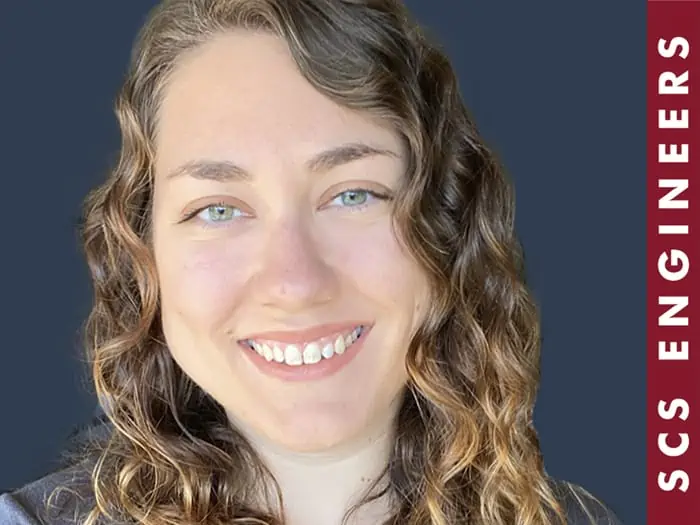


Kacey Garber, PG, is presenting on Wednesday, February 28th (8:30 am – 9:00 am, Plaza).
Kacey will answer the question, How Might Co-Mingling UIC Waste Plumes Affect Class I UIC Operations and the Area of Review?
Class I UIC wells may be utilized to dispose of fluid wastes within deep geologic units, such as depleted hydrocarbon reservoirs or saline aquifers. Class I UIC wells may be located in the vicinity of other injection wells associated with disposal and/or hydrocarbon production. Injecting fluids leads to mixing with and displacement of native fluids within the reservoir. Because water is relatively incompressible, the mixing and displacement of fluids lead to a buildup of pressure within the reservoir. The magnitude of this pressure buildup is dependent on several factors, including the porosity and permeability of the reservoir, the density and viscosity of both the previous and present-day injectate and native fluids, and the thickness and lateral extent of the reservoir.
Elevated reservoir pressures resulting from injection can allow fluids to migrate upwards through open or improperly plugged artificial penetrations and/or fractures of the reservoir or confining zones, either of which would endanger overlying aquifers. As a result, agencies require Class I UIC permit applications to include calculations or modeling to assess what pressure thresholds would lead to aquifer endangerment. Many of these calculations do not allow realistic predictions of pressure buildup or plume extent in situations where co-mingling of waste plumes may occur. In this presentation, we assess the utility of computational flow modeling for complex injection scenarios where the co-mingling of waste plumes from neighboring operations might influence pressure buildup and overall plume extent.
Kacey Garber is an experienced groundwater project manager for active and closed industrial clients, including routine groundwater monitoring and statistical analyses; reports and permit applications; designing sampling and analysis plans; special groundwater studies; and conducting groundwater well construction planning and design. She has also been involved in PFAS work groups and publishes on the topics of UIC and geologic sequestration. Ms. Garber has a Masters degree in Geoscience.
Additional Resources: